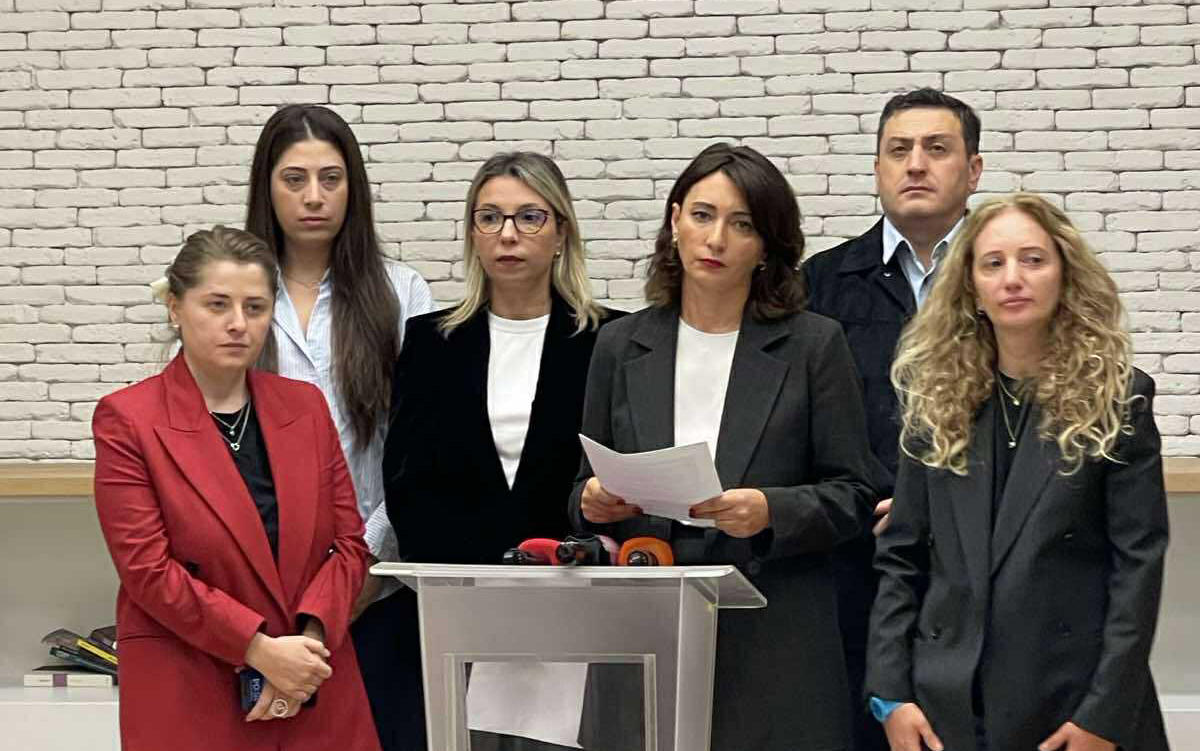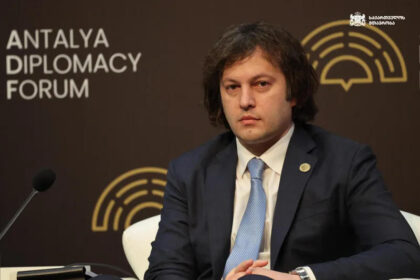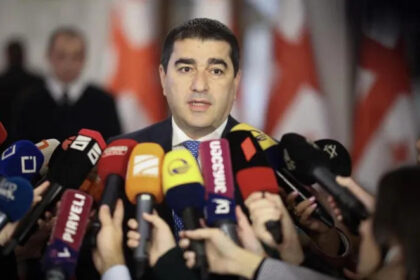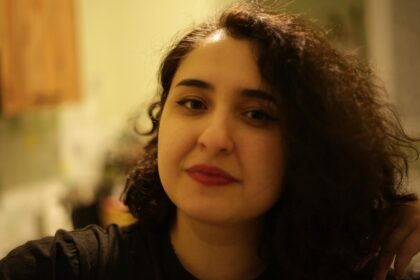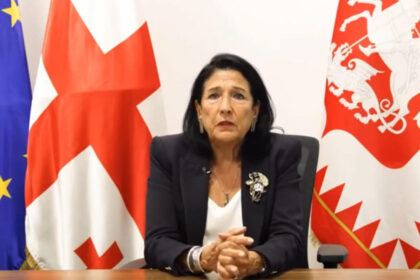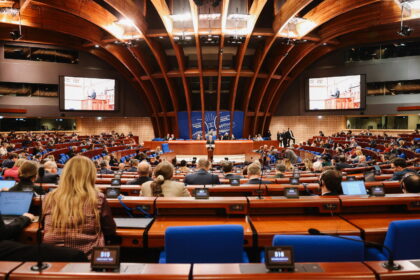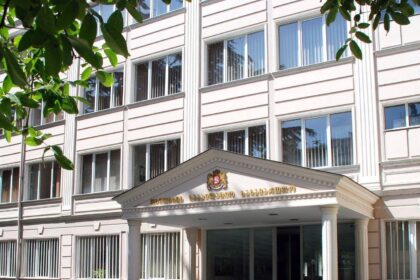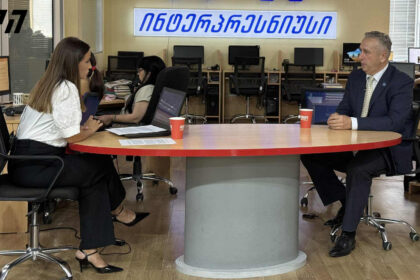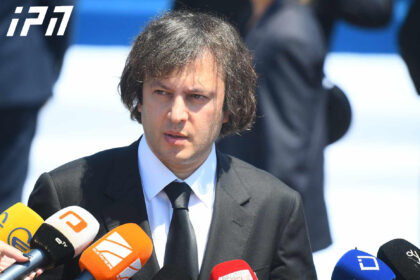Monitoring of the processes reveals that the enforcement of laws and the detention of demonstrators are carried out selectively, with particular targets being well-known public figures, activists, and journalists. It is likely that their demonstrative and forceful detention aims to spread fear and terror in society regarding participation in protests, according to a statement issued by some Georgian non-governmental organizations.
As representatives of the non-governmental sector note, the sole reason for the form of enforcement of the amendments introduced to the Criminal Code and the Code of Administrative Offenses is “the government’s fear of the ongoing continuous protests in Georgia.”
“We are responding to the events taking place on Rustaveli Avenue, where ‘Georgian Dream’ is detaining citizens for participating in assemblies and manifestations. Since the adoption of repressive amendments, i.e., from October 17 to date, around 70 demonstrators have been detained. The majority of them have already been sentenced to administrative detention. Yesterday, during the protest, 29 individuals were detained under administrative procedures, and one person was detained under criminal procedures. These detentions under administrative procedures were carried out based on the repressive laws adopted in recent days.
As is known, since last December, the ‘Georgian Dream’ parliament has repeatedly amended the law on assemblies and manifestations. Despite harsh criticism from international organizations, including the Venice Commission, a few days ago, ‘Georgian Dream’ further tightened the law and adopted amendments in an accelerated manner, making protest participants subject to criminal prosecution. For example, wearing a face mask or obstructing traffic is directly punishable by up to 15 days of detention, and in case of repetition, by one to two years of imprisonment.
It is clear that the main objectives of these legislative amendments are: restricting and even eliminating the right to freedom of expression; intimidating citizens and forcing them to refrain from participating in protests; increasing the level of self-censorship among citizens with critical views; turning protest organizers and participants into targets of criminal prosecution; and criminalizing any form of protest.
Monitoring of the processes reveals that the enforcement of these laws and the detention of demonstrators are carried out selectively. Particular targets are well-known public figures, activists, and journalists. It is likely that their demonstrative and forceful detention aims to spread fear and terror in society regarding participation in protests.
During yesterday’s protest, it became clear that even peaceful citizens standing on the sidewalk are being detained, despite the fact that this is not prohibited even by the new repressive law.
Some detentions were preceded, in previous days, by searches of citizens in the vicinity of Rustaveli Avenue and the sealing of their face masks as evidence.
As for demonstrators identified through video surveillance cameras, they are often detained for questioning or without any explanation and taken either to court or to a temporary detention facility. From the moment of detention until their transfer to court or a temporary detention facility, the Ministry of Internal Affairs does not provide information about the detainee’s whereabouts to lawyers or family members.
In most cases, lawyers do not have the opportunity to meet with their clients before the court hearing. Case hearings in court are scheduled in an accelerated manner and are mostly formal in nature. Detainees are informed of case materials directly during the court process. Lawyers are not given the opportunity to gather evidence, present witnesses, adequately prepare a defense strategy for the case, or coordinate with the detainee.
The pursuit of people wearing face masks by police has taken on an absurd form. There have been instances where police stopped citizens who were wearing masks due to health issues.
Among the detainees are elderly individuals, mothers of minors, journalists, writers, actors, doctors, and civic activists.
Particularly alarming is the fact that all these cases are being handled by judges who have already been sanctioned by several European Union countries. These judges include Zviad Tsekvava, Manuchar Tsatsua, Nino Enukidze, and Koba Chagunava.
We emphasize once again that the sole reason for both these undemocratic laws and the form of their enforcement is the government’s fear of the ongoing continuous protests in Georgia.
The detainees are being punished for one reason only—their love for Georgia and their devotion to freedom,” the statement reads.
Some non-governmental organizations: Detentions are selective, targeting well-known public figures – the reason for these laws and their enforcement is the government’s fear of ongoing protests in Georgia
